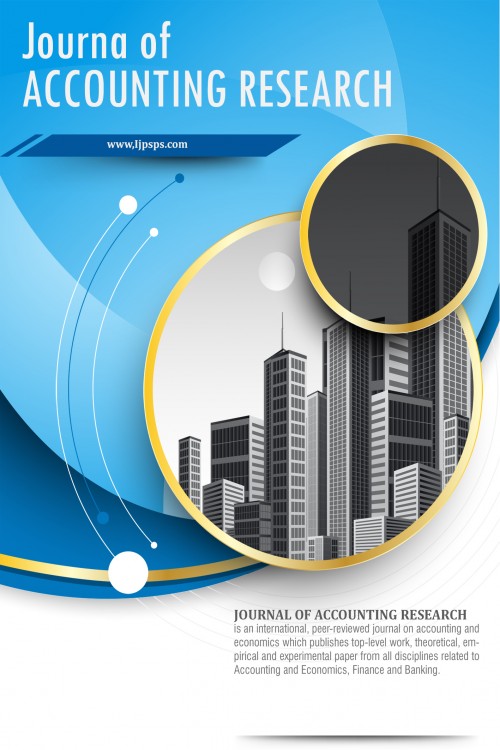
The Empirical Test of Comparing the Cost of Equity Capital Efficiency under Information Ambiguity and Value Relevance of Earning
Abstract
The cost of common stock is called the minimum expected rate of return of investors. The cost of common stock is one of the most important means in many financial and management decisions, that are influenced by several factors like liquidity, financial leverage, operating cash flow, company size, and profitability. Information ambiguity increases the investment risk and makes the cost of equity capital increased. Growth of value relevance of earning decreases the investment risk and consequently make the cost of a common stock decreased. Therefore, the purpose of this study is to present an empirical test to compare the efficiency of two costs of capital models Gordon and Olson Junter under the influence of information ambiguity and value relevance of earning. For this purpose, this study was conducted with 104 sample companies for 7 years from 2012 to 2018, using descriptive analysis with the Kruskal Wallis test. To this end, this study concluded that two models of Olson Junter and Gordon have accepted reliability index and validity at different levels. There is a significant difference between the two models. The results showed that Olson Junter's model performs more efficiently than Gordon's model at high-low-risk levels. Consequently, the cost of common stock of the former model would be useful in decision-making through portfolio hedging of potential losses.